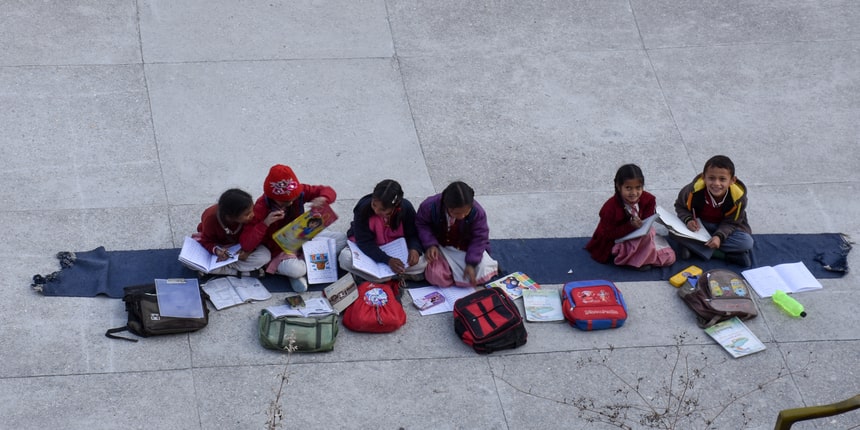Misinformation in ‘Anganwadi Protocol for Divyang Children’: Doctor writes to ministry
Anu Parthiban | June 24, 2024 | 03:05 PM IST | 3 mins read
The doctor also urged the health ministry to revise the Rashtriya Bal Swasthya Karyakram scheme to include mandatory screening for all 21 recognized disabilities.

NEW DELHI: The recently uploaded Anganwadi Protocol for Divyang Children by the ministry of women and child development that aims to improve disability intervention through early screening, community inclusion, and referral support has “incorrect information and the evident lack of inter-ministerial coordination”, the head of Doctors with Disabilities: Agents of Change Dr Satendra Singh wrote to the ministry urging to make immediate correction of misinformation.
The ministry developed the protocol in coordination with the department of empowerment of persons with disabilities (DEPD) and the ministry of health and family welfare (MoHFW) and was published on May 9, 2024.
Highlighting several inaccuracies in the protocol, Satendra Singh informed that “under the new disability legislation, the Rights of Persons with Disabilities Act (RPDA 2016), there are 21 recognized disabilities, including three blood disorders: thalassemia, hemophilia, and sickle cell disease. However, the document incorrectly lists symptoms of these disorders, which could misguide Anganwadi workers.”
Errors in protocol for divyang children
“Specifically, on page 9 of the PDF (attached), the early symptoms of thalassemia are misrepresented as “unexplained and excessive bleeding from cuts or injuries and many large or deep bruises,” which are actually symptoms of hemophilia. Thalassemia is characterized by symptoms such as tiredness, lack of energy, pale skin, shortness of breath, delayed growth, and wide or brittle bones, but not excessive bleeding,” he pointed out.
Expressing concerns on misguided information, he said this can lead to incorrect screenings and misinformed care. He further clarified that Hemophilia is caused by a lack of clotting factor proteins, while thalassemia is caused by a lack of hemoglobin.
Also read Morning Star: Anganwadi closed, refugee girl starts preschool for Rohingya children
He goes on to list more errors in the document: “Additionally, the protocol erroneously includes thalassemia under ‘Other Behavioural Problems’ and classifies Attention Deficit Hyperactivity Disorder (ADHD) as a disability in the FAQs section on webpage. Moreover, it mistakenly categorizes learning disabilities and autism under intellectual disabilities without acknowledging that these can be separate conditions.”
Revision of RBSK Scheme
The doctor also urged the ministry of health and family welfare (MoHFW) to revise the Rashtriya Bal Swasthya Karyakram (RBSK) scheme under the National Health Mission to include mandatory screening for all 21 recognized disabilities under the RPDA 2016.
Currently, it does not mandate screening for sickle cell disease and thalassemia, treating them only as optional conditions. “This is despite the launch of the National Sickle Cell Anaemia Elimination Program. Furthermore, hemophilia is not included at all. Such inconsistencies highlight the lack of a cohesive approach to addressing these disabilities,” the letter read.
‘Lack of interest’
“Despite releasing the guidelines on 28/11 under the lead of Ms. Arkaja Das (the point of contact for this protocol), the WCD chose to send a different director (Navendra Singh) to the 6th Central Advisory Board (CAB) on Disability (the policy think tank on disability) meeting on 27.12.2023. This shows a lack of urgency and interest in addressing disability as an important cross-ministry issue requiring inter-ministerial coordination,” he wrote in the letter.
“The Ministry of Women and Child Development’s decision to send a different director to the 6th Central Advisory Board (CAB) on Disability meeting on 27th December 2023 instead of the protocol's lead, Ms. Arkaja Das, demonstrates a lack of urgency and interest in disability issues. This undermines the importance of inter-ministerial coordination required to address these concerns effectively, he added.
Follow us for the latest education news on colleges and universities, admission, courses, exams, research, education policies, study abroad and more..
To get in touch, write to us at news@careers360.com.